The U.S. Just Lost 26 Years' Worth of Progress on Life Expectancy
|
 | |||||
| October 17, 2022 | |||||
 | |||||
| |||||
| |||||
| |||||
| |||||
| |||||
| |||||
| |||||
| |||||
| |||||
| LATEST ISSUES | |||||
| |||||
| Download the Scientific American App | |||||
|



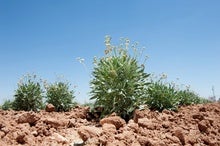


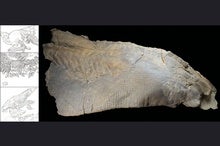
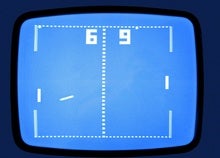
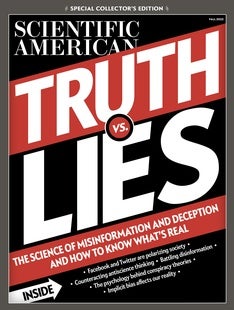

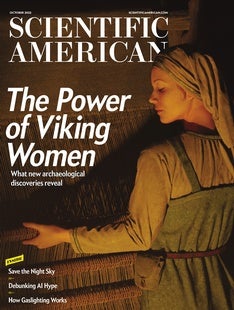
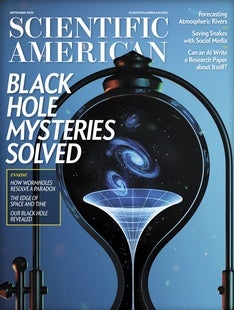
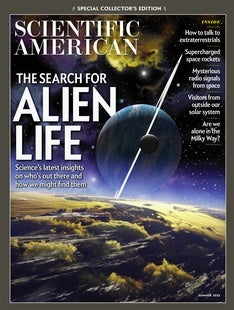



Comments
Post a Comment